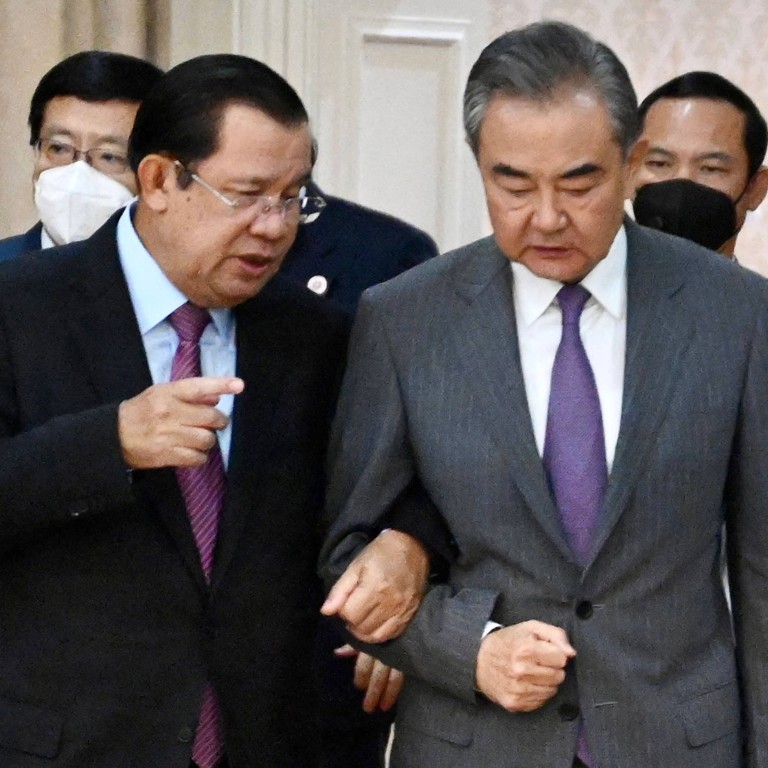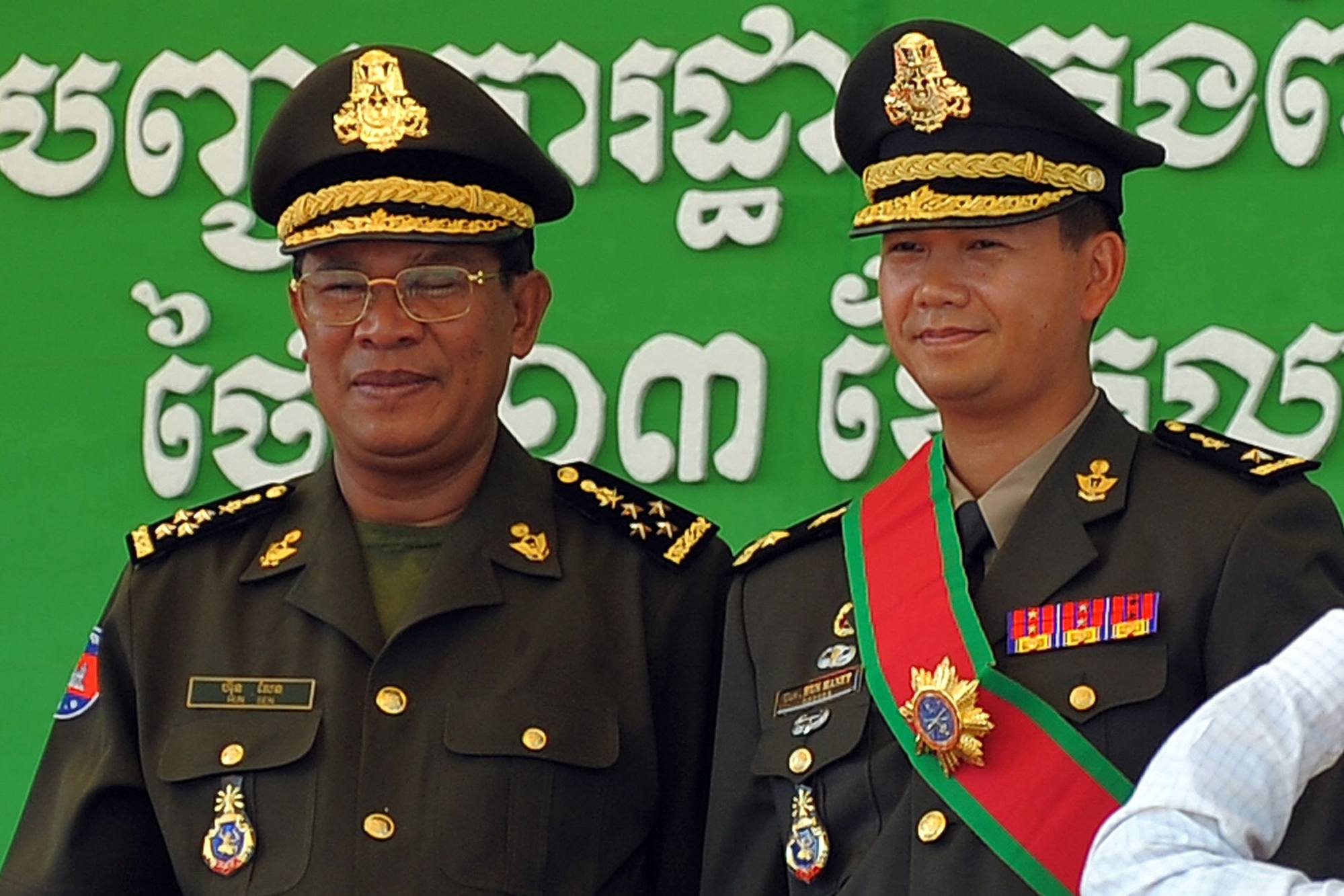
Cambodia’s Hun Sen wants ‘back in Beijing’s orbit’ during China visit amid balancing act with US
- During this week’s trip to China, Hun Sen is expected to seek financial support for high-speed rail projects and ease Beijing’s concerns about US-Cambodia ties
- Washington has often warned Cambodia over its growing military ties with Beijing and Phnom Penh’s poor human rights record
“[This] makes the projects now on the table of utmost importance to the [Cambodian] government,” Norén-Nilsson said.
Bunna Vann, co-founder of The Thinker Cambodia, a digital commentary and analysis forum on foreign affairs, said Hun Sen’s trip is also scheduled ahead of the country’s general election in July.
He added that Hun Sen would also need significant political support from China to ensure the smooth political transition to his son Hun Manet, who is currently the deputy commander in chief of the army.

Given Cambodia’s recent efforts in trying to improve ties with the US, the visit will hopefully address China’s scepticism and “put Phnom Penh back in Beijing’s orbit”, Vann added.
“The visit to the US embassy could signal to China that he has other options if relations with China do not bring the expected economic benefits,” he said, adding that Hun Sen is playing a balancing game in dealing with China and the US.
Cambodian military officials I spoke to understand the need to exercise caution in developing closer military relations with China
Even though Cambodia relies on China for many of its defence needs such as military supplies and the modernisation of its maritime capabilities, Abdul Rahman Yaacob said this does not imply it is moving militarily closer to China.
Cambodia caught in the middle of US-China clash over South China Sea bases
“The issue is whether these potential foreign partners have the will and capacity to forge closer defence relations with Cambodia,” he added.
“The visit signals that for China, none of this jeopardises the strength of the “ironclad” friendship,” Norén-Nilsson said.
Abdul Rahman Yaacob added that China can use the visit by Hun Sen to signal its commitment to aid Southeast Asia states, especially in infrastructure development.
“However, given the domestic economic challenges that China is currently facing, it is debatable if all the Chinese promises will turn into reality,” he said.
Cambodia’s debt-trap?
Amid reports that Cambodia is likely to borrow more than US$4 billion for the high-speed railway line, observers said growing dependence on China could lead to a “debt trap” with long-term economic and geopolitical implications.
According to Cambodia’s Ministry of Economy and Finance in December, the country’s foreign debt stood at almost US$10 billion, 41 per cent of which is owed to China.
Sophal Ear, an associate Professor at Arizona State University said that figure should worry Cambodia.
Are Indonesia, Malaysia and Sri Lanka really caught in a China ‘debt trap’?
“[More than] just the level of debt: Cambodia should be concerned about becoming overly concentrated with one creditor: China,” Ear said, adding that it is “worrisome” that some infrastructure projects built by China have fallen apart.
In 2019, a building under construction in Sihanoukville by a Chinese firm collapsed killing more than 28 people.
In 2020, authorities said it would not release documents approving the work of a Chinese company building if it did not follow proper building standards as outlined in its contract.

